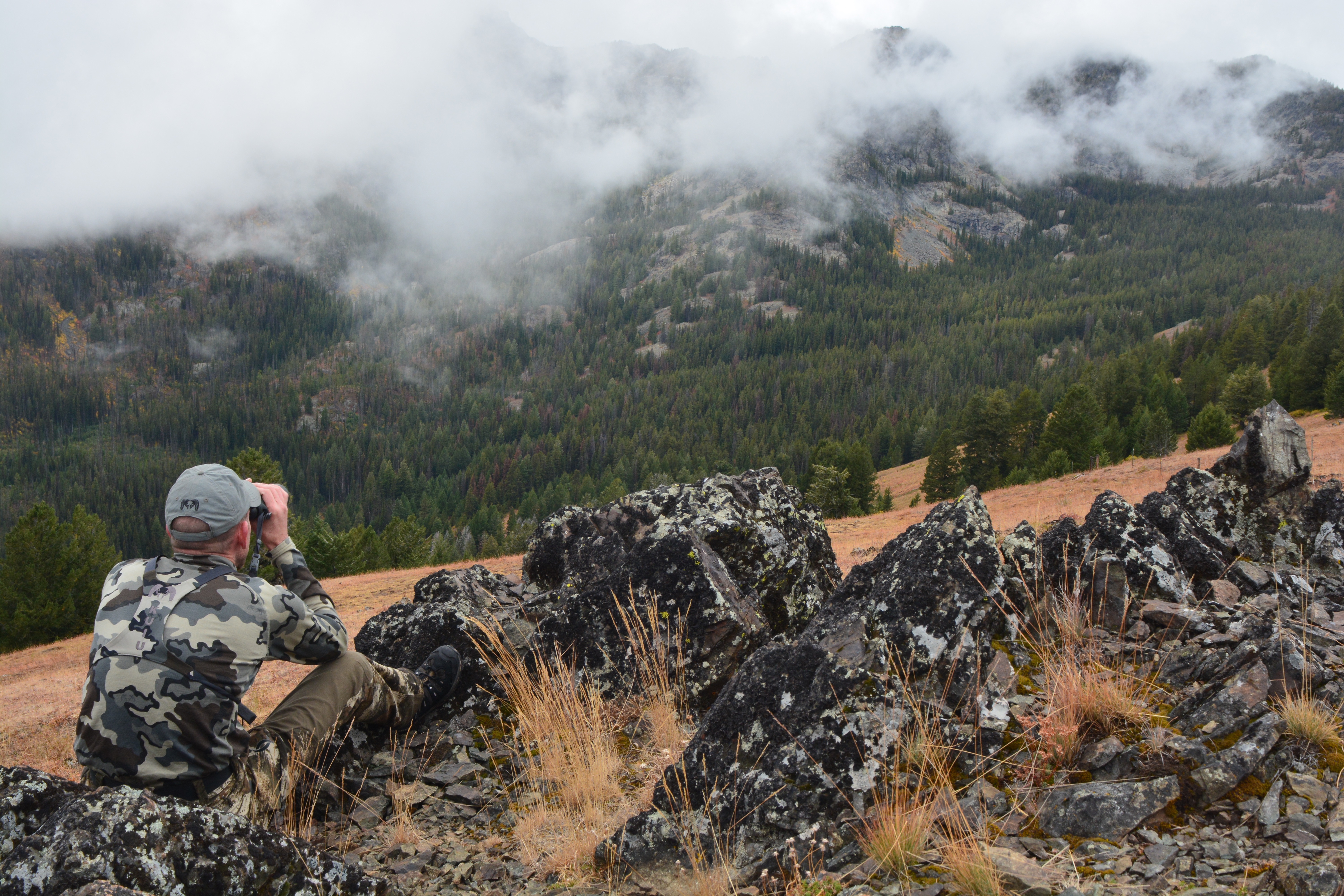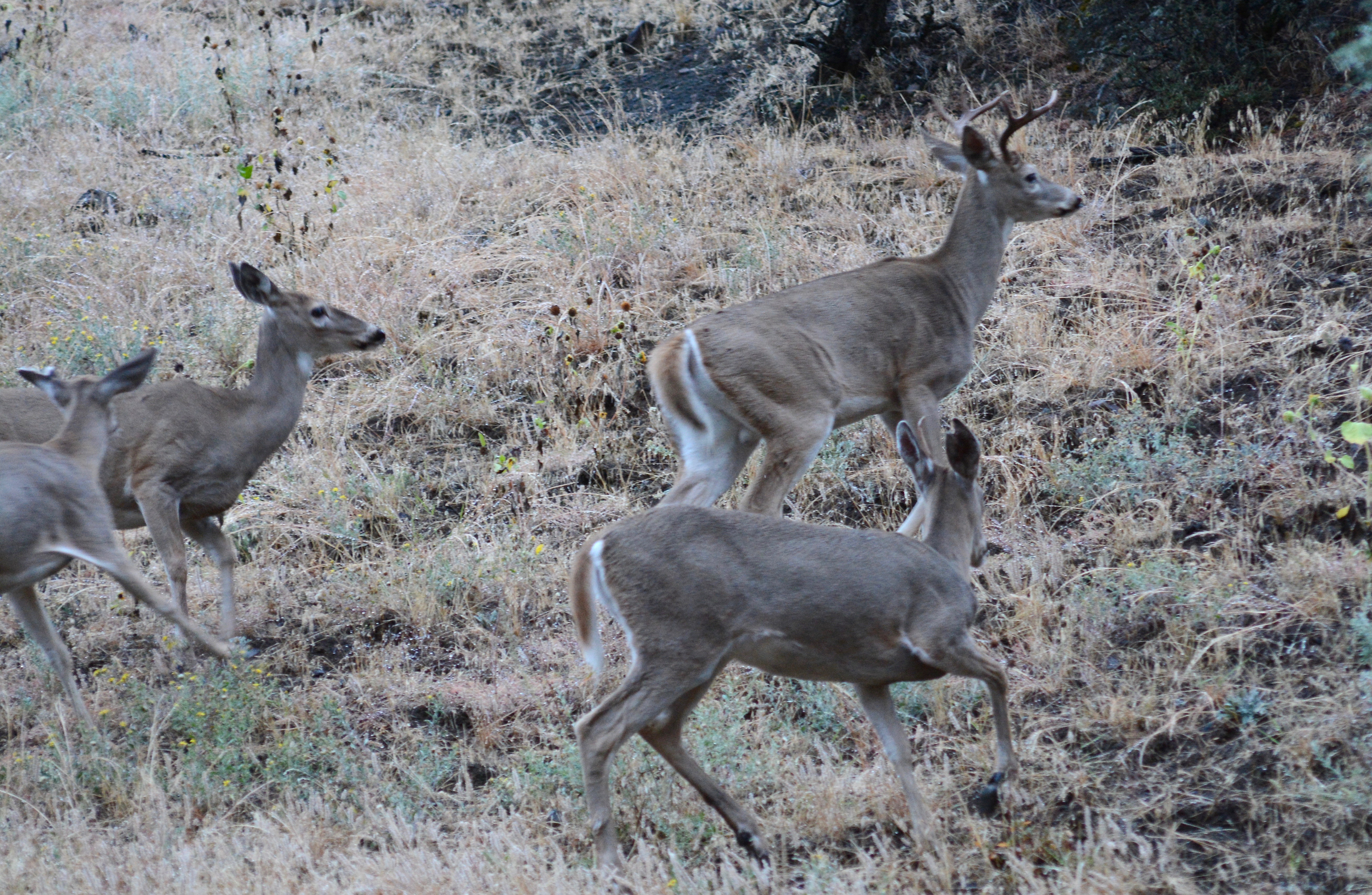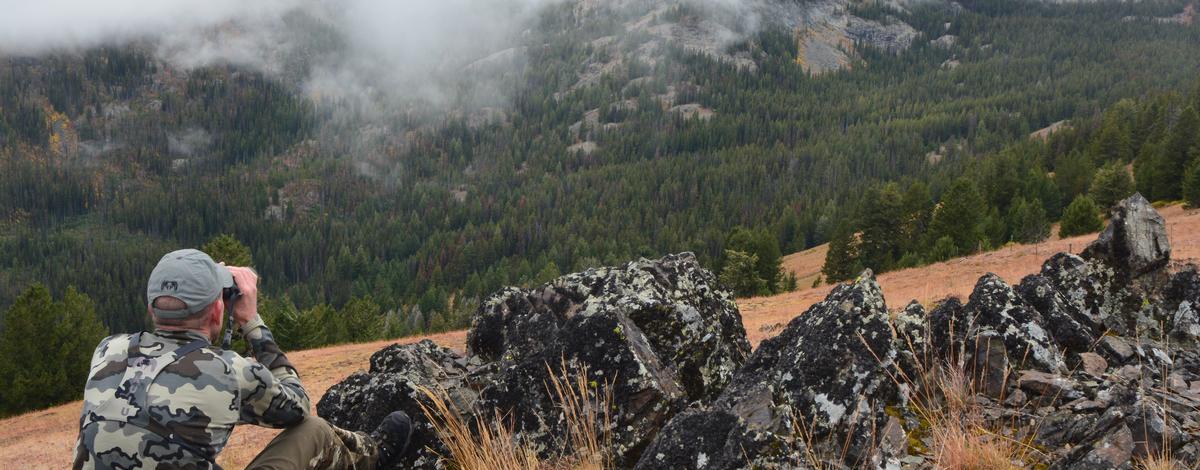
Welcome to hunting season. It’s an exciting time to be outdoors. You can hear the shrill bugle of a bull elk piercing the chilly morning air. You can see a flock of ducks drop out of a pink sky, or feel your heart nearly erupt from your chest when a forest grouse explodes at your feet.
But to perfectly candid, those things might not happen, at least not every time you go, and you might ask yourself “what am I doing wrong?”
There may be a lot of answers to that question, but let’s start with this one: you’re probably doing nothing wrong. Learning to be a hunter is a process, it may be a lengthy one, and remember that even expert hunters get skunked sometimes. But the key to appreciating hunting is to savor the whole experience, accept the challenges and learn from your successes and failures.
To be blunt, your opponent in the hunt doesn’t want anything to do with you. It’s going to be as elusive as possible, and it will use the all the tricks and traits mother nature bestowed upon it to keep from becoming your post-hunt dinner. You should respect that, and accept it as part of intrigue of hunting.
There’s a lot of hype and marketing out there trying to convince you that buying some wonder gadget is going to make you a better hunter. That’s a discussion for another day, but instead let’s focus on things you can do to find success.
Spend lots of time in the field
It’s not exactly a chore. One of the primary reasons we hunt is because we love the outdoors, and coincidentally, a big part of being a successful hunter is being in your quarry’s environment until you cross paths.
Plan on spending hours where the animals live and be an active observer. Deer, elk and other big-game animals are masters at disappearing into the landscape, and places that seem empty of game often have numerous well-concealed animals. Don’t expect them to show up on your terms. You have to get out there and find them on theirs.

Be an active learner
Sometimes hunting seems like one giant process of elimination. Remember, you can be wrong 99 times, right once, and end your hunt on a successful note. Don’t discount luck, but as an old saying goes, the harder you work, the luckier you get.
Try different things and figure out what works. But just because something didn’t work one day doesn’t mean it won’t another.
For instance, if the woods are hot and dry, sneaking around to find animals may be a losing strategy because they will be less active and more able to hear you coming. Sitting and watching lots of country through binoculars or a spotting scope is a better option. But if the weather turns cooler and wetter, animals become more active, and you can be more stealthy, so stalking might then be a better option.
This a tricky proposition because there’s a difference between being stubborn and foolish. Stubborn is sticking to something uncomfortable, like staking out a mountain pass on a frigid morning because you know elk often pass through there between the feeding and bedding areas. Foolish is blindly doing the same thing over and over when it’s not working or showing any signs of working.
Be adaptive
Part of being adaptive is spotting patterns, like animals preferring a certain area during a certain time of day or during certain weather conditions, or knowing if an animal flees where it’s likely to go to feel secure. Learning those patterns and you will be rewarded.
Over the course of a hunting season, a lot things affect big game animals, including weather, hunting pressure, the rut, and much more. You should adapt your hunting to account for those and learn to use them to your advantage.
Be flexible
We lead busy lives, and often we try to force hunting into our timeline. But in Idaho, you typically have many opportunities to harvest game. If you’re willing to travel and hunt with multiple weapons, you can have a long hunting season and many chances to get an animal.
If you want to stake your season on a single week or weekend, that’s your call, but remember there are usually more options available. Take advantage of them and you will increase your chances of success.
Enjoy it all
Yes, we’re trying to harvest an animal, or multiple animals, in some cases. When that doesn't happen, it can get frustrating. But hunting is a rich tapestry of experiences, and harvesting an animal is a single thread in it.
Appreciating the whole experience goes a long way toward avoiding disappointment if you don’t harvest, and cherishing the experience that much more if you do.

